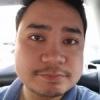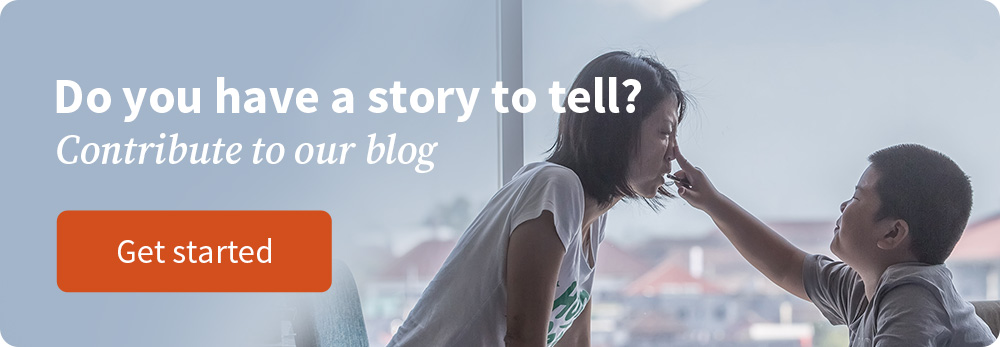The Humanity of Disability
Finding fault in another person simply proves that the person who committed the fault is human. However, we often see this fault accompanied by another fault, which is discrimination. We often find faults to be unacceptable, perhaps due to the “flawlessness” that modern society impresses upon us. These faults can either be physical, financial, gender-related, etc. This issue is especially true for persons with disabilities.
Disability and the disabled have historically been riddled with many issues. With a population of about 650 million globally, people with disabilities (PWDs) are often discriminated or ridiculed for the way they look, act and interact, and their general difficulties in life. As a result, these barriers make the life of persons with disabilities especially difficult.
I have seen how the disabled encounter these difficulties in life. In my work as a special education teacher, I too have been ridiculed for being with “faulty” children and have heard comments such as “heto na ang mga baliw!” (here come the crazies!). This means that the stigma can also be passed to their families, or even with the professionals that work with them.
However, with the advent of inclusion, these barriers are gradually being diminished.
Inclusion: A tool for positive change
Inclusion, which seeks to eliminate the barriers to participation for the disabled, is currently a leading trend worldwide. In my country, the Philippines, efforts to combat these barriers are being carried out, both by the public and private sectors. Legal mandates and other guarantees serve as the backbone of support for PWDs, especially in the areas of social welfare, accessibility and education.
Inclusive education seeks to ensure that all PWDs are bequeathed with quality education that they deserve as a basic human right. The Philippines have integrated this approach into the K-12 Curriculum, the country’s national curriculum. Children and youth with disabilities enrolled in school are gradually being included in the regular classroom, a huge change from the previous state of seclusion that they had before.
Inclusion is truly an effective change mechanism and advocacy-point for PWDs. Its potential has been noticed by other fields apart from education such as development and business sectors, as seen with the terms “inclusive development” and “inclusive business”. However, these terms have a different meaning and is aimed at a different target, showing how inclusion is applicable not just for PWDs but also other discriminated groups.
However, the country is yet to see a truly cohesive plan for PWDs, especially those that are already beyond the schooling age, or are already at the late stages of their lives.
Refusing Society’s Failure to Accept
Earlier in 2016, I had the opportunity to work for OneLife Foundation Inc., an organisation in the Philippines that seeks to establish an inclusive community for PWDs called Happy Homes. Their vision was to create a community that will support the unique needs of each resident PWDs while removing all barriers to a healthy life. The project is still under works, but the effort of the staff to educate parents, teachers and common folk about the disabled has made great changes for their target areas.
I have found my experience with them very enlightening. From what I have seen, the barriers that PWDs encounter is brought by the society upon them and is not truly innate. Therefore, it is not the disabled who are faulty but rather the society, for they fail to accept a person and his uniqueness, his capacities, and his humanity. And there are other organizations with similar or related advocacies, which shows that some are slowly awakening to the reality of things.
Turning Point: Acceptance
If we want to create an inclusive society, we need to reframe our notions of perfection. We need to embrace each other’s differences and create a stronger sense of unity. We can begin by accepting and supporting PWDs, aiding them in their pursuit for happiness and worth. We must embody and emanate love and acceptance. That is the only way forward.
It is not too late to start. Let’s change our perspectives and see that the disabled is as human as we are. As much as we clamour for our place in society, they too seek the same.







